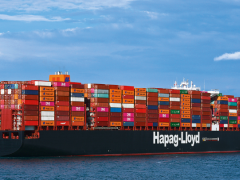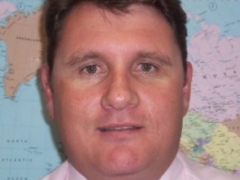JOHANNESBURG – The Beverage Association of South Africa (BevSA) on Wednesday dismissed reports that there was an agreement on the Health Promotion Levy at the National Economic Development and Labour Council (Nedlac).
BevSA is opposing the introduction of a 20 percent tax on sugary beverages, or what has been referred to as sugar tax, which government wants to implement in a bid to curb non-communicable diseases.
Engagements among the non-alcoholic beverage industry, represented by BevSA, and stakeholders are under way at Nedlac to develop an effective anti-obesity solution that would not lead to job losses while still meeting health objectives.
However, there had not been any agreements as engagements were set continue on Thursday and Friday.
Mapule Ncanywa, BevSA executive director, said the industry still believed that the levy in its current form would have serious negative impact on the economy, which would ultimately lead to job losses and significant loss of the contributions to the gross domestic product (GDP) and have no impact on the non-communicable diseases problem.
Ncanywa said the primary aim of the industry was to avoid any job losses - particularly under the current economic conditions where the country was facing a technical recession and credit rating downgrades.
“BevSA welcomes the continuation of the engagements and hopes that all efforts will be explored on finding a solution that addresses concerns raised by industry and other stakeholders,” Ncanywa said.
The industry estimates that, particularly in the absence of a proper socio-economic impact study, the job losses across the value chain could be up to 24 000 jobs.
The industry further believes that the proposed tax may not have the necessary impact to achieve its intended health objectives.
“We appeal to parties to commission through government a proper substantive Socio-Economic Impact Assessment study (SEIA) which can help to mitigate the unintended consequences that the proposed tax may have on the economy and the industry,” Ncanywa said.
“We believe that a solution can still be found and the spirit of the engagements should be about finding solutions which are in the best interests of the country and the economy.”













